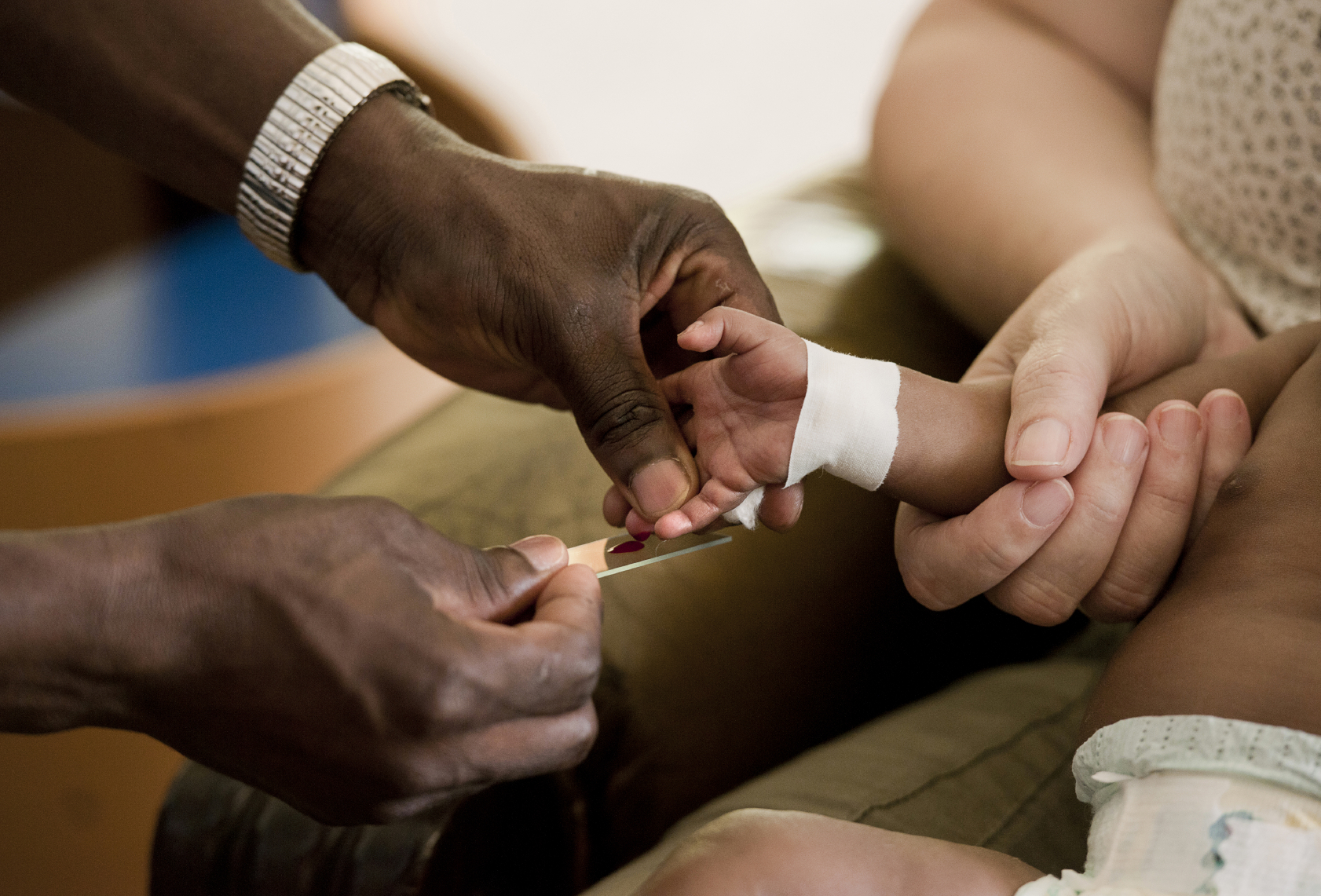Very pleased to to announce that the GlobalSurg protocol has just been published in BMJ Open. As well as this, the study was registered at ClinicalTrials.gov on the 29 June 2014. Both of these are important to ensure transparency and that the protocol doesn’t change after the start of data commencement.
GlobalSurg recruitment starting soon
I’m excited to be involved in an enthusiastic young collaborative called GlobalSurg. Research in surgery has been a predominately first world affair and it is absolutely essential to see international collaboration including developing nations. Our study focusses on emergency abdominal surgery and complements a similar initiative looking at elective abdominal surgery, ISOS.
Why this study and why now? Surgery has been referred to as the neglected step child of global public health, a sentiment I completely agree with. Diseases effectively treated with surgery are becoming the public health priority for developing nations, a fact highlighted by the excellent International Collaboration for Essential Surgery (ICES) and important Right to Heal campaign.
Least wealthy countries account for 35% of the global population yet undertook only 3.5% of all surgical procedures in 2004.
This GlobalSurg project aims to be the first of many. It will establish what happens to patients across the world after emergency abdominal surgery
The primary outcome measure here is pragmatic: which patients are still alive 24 h following emergency surgery? A number of secondary measures will provide depth. Case mix will be determined as far as is possible and an analysis of facilities included.
Anyone can still get involved in GlobalSurg and I would encourage you to do so. We have everyone from professors of surgery in large first-world urban centres to small community hospitals in developing countries.
It only requires data collection over any two week period in July-November 2014. Patients are easy to identify and there are only 30 patient related data-points to collect. Data can be collected on paper or directly into our REDCap system, which I will write more about in the future.



